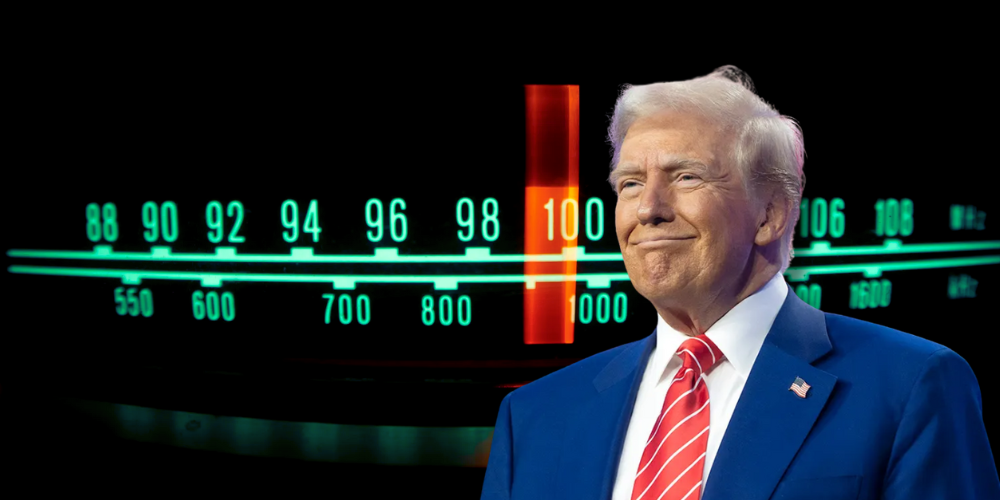There is a controversy over proposed new school textbooks in Texas???not over what is actually in the books but instead over scientific facts environmental lobbyists want the publishers to keep out of them. The activists want to censor the textbooks.
Texas is a huge market for textbook publishers, so publishers listen seriously to questions raised by the Texas Board of Education (TBOE). When TBOE adopts a textbook, much of the nation follows.
The TBOE is in the midst of adopting new social studies textbooks for the first time in 12 years. The books approved will probably be used in schools for more than a decade.
Thus the controversy. With the ability to influence the thoughts of millions of schoolchildren regarding environmental issues, especially climate change, these alarmists want to censor the textbooks. They want to pressure the TBOE to remove passages which are accurate but, in being so, question the alarmists??? beliefs.
The global warming dogma is fairly simple (although the array of arguments used to support it are complex even though simpleminded): Humans are causing climate change; the results will be catastrophic; and governments must force people to use less energy and live poorer and simpler lives in order to prevent disaster. These activists want textbooks to teach students what to think about climate change, not how to think.
The TBOE and textbook publishers are not following the activists??? lesson plan. Instead, they recognize each of the dogma???s key points is still open to question and subject to lively debate within the scientific, economic, and public policy communities.
The National Center for Science Education (NCSE) has been at the forefront in criticizing Texas??? textbook selection process. The NCSE is not a group of scientists or science teachers, but instead an activist group devoted in part to promoting global warming alarmism. That???s why it issued a report condemning the proposed textbooks for recognizing basic questions of climate science are still up for debate. Dr. Minda Berbeco, director of the NCSE, has stated, ???The scientific debate over whether climate change is happening and who is responsible has been over for years.??? That comes as a big surprise to the plethora of climate scientists who have published and continue to publish peer-reviewed academic journal articles skeptical of one or more of the three tenets of the climate dogma.
The NCSE falls back on the tired old claim that 97 percent of climate scientists agree humans are causing dangerous global warming. First, it???s important to note consensus is a political term, not a scientific one. The ability of a theory to be disproved is essential to the scientific method. Second, although the 97 percent claim is based on faulty (and in fact phony) studies, there is indeed consensus on two points: Carbon dioxide is a greenhouse gas, and humans have had some effect on the earth???s climate.
The important questions remain unanswered, however. Are humans or other natural conditions responsible for the majority of the past century???s warming? Would a global warming be bad or good for humanity, on balance? And if humans are responsible and the results are generally harmful, what are the best responses? There is widespread disagreement on each of these points, and anyone who says otherwise is lying.
The proposed textbooks don???t deny human-caused global warming is happening; they just accurately report scientists are still debating the matter. They present the evidence and invite the students to make up their own minds. That???s what real scientists do.
Openness to evidence and ongoing questioning are the cornerstones of scientific discovery, but this is what critics of the social studies textbooks fundamentally dispute. They aren???t just questioning the value of continued debate concerning global warming but actually denying the foundations of the scientific method and calling for censorship to enforce their bigotry. The NCSE wants to replace observation, hypothesis, testing, and success or retraction with dodgy polls of self-described experts. Their agenda is not science; it???s censorship.
Texas-based H. Sterling Burnett ([email protected]) is a research fellow with The Heartland Institute, a nonpartisan, nonprofit research center located in Chicago, Illinois.





